Man-Kind is an experimental piece which has involved director Bob Beagrie, an internationally acclaimed poet, playwright and director, in shaping together hundred of poems down into an hour long piece of physical, visual, audio, multi-faceted poetic odyssey. The piece will be showcased at ARC Stockton on 25 April with actors Alice Byrne, Anthony Broderick and Andrew Buzzeo skillfully taking on a range of roles and styles, traversing a whole history of time from the Big Bang and the Garden of Eden through to a North East nightclub in today's world, to explore the main themes of the piece.
We're really proud to create platforms for disabled voices, making the work they want to make whether it focusses on disability or not, but which is relevant and exciting.
We asked writer Alison and Bob a few questions about the piece.
What is Man-Kind about?
Bob Beagrie : it is an experimental verse theatre piece involving spoken word, drama, expressive movement, music and visual projections which creatively investigates the changing notions around masculinity, the shifting roles, pressures, responsibilities, challenges, expectations and privileges of being a man. What does it mean to be a man in the early 21st Century and how is this different to models of masculinity in the 1900s and the 1950s?
Alison Carr: For me, it is about the ever-changing development of our species. We seem to turn a corner all the time, opening new doors and opportunities into different stages of life. And then we also create our own disasters. Juxtaposition of the two outlooks, and neither is good, neither is bad.
How does it relate to the world today?
Bob: It is a very pertinent question today, especially with the revelations of the #Metoo movement, with many of the traditional role models and behaviour patterns being questioned, the advances of women's rights (which still has a long way to go) and the fact that 84 men commit suicide each week in the UK. The piece examines male role models from history, myth and popular culture and explores how transformations in society, technology, the worlds of work and leisure impact upon ideas of gender identity and how different men are adapting, coping or resisting these changes.
Alison: Man-Kind shows the everchanging way that Man as a species and man as male has to explore how they look at problems and changes, looking at what it might be best to side-step and leave. Mankind’s role has become fragmented, has to keep re-inventing itself and putting itself together like a jigsaw.
Alison, what made you want to write it?
I have got to write, it’s like breathing. I write for hours each day. I studied Ovid’s Metamorphosis years ago and I’m interested in the change of Man in the bigger frame, throughout different successive eras. I think we often learn from our mistakes, and its essential that we do. But as a species I don’t know how effective we are at that. And life now is so diverse, how do we see that as a positive?
Bob, what is interesting about the piece for you as director?
Bob: It is such a vast subject that the only way of handling it, that I can see, is through a very experimental approach that relies of juxtaposition and non naturalistic theatre practice, moving more toward performance art or a living installation piece, while still maintaining a sense of a dramatic and emotionally charged narrative. Bringing Alison's richly woven words to life is proving to be a very exciting and organic way of directing.
What can the audience expect?
Alison: I hope they will think more about society and what has shaped it, to think about just how the world has changed. It’s important that we have empathy for others and generally treat the world better. Life has become too throwaway and disposable. We throw away a lot of our life without thinking about what we should be keeping.
Bob: I doubt most audiences will have seen something quite like this before, I am drawing upon Bertolt Brecht's principles for Epic Theatre and Augusto Boal's Theatre of the Oppressed, on the Japanese dance form Butoh, on Commedia del Arte, on Martial Arts applications, as well as spoken word and poetry slam techniques. It will be both a strange and moving experience and one that is as funny and sensitive in parts as it is sad and shocking in others.
Alison Carr is a poet and writer from Bishop Auckland in Co Durham. Her first published solo work was the script of Coal Dust Whispers Song by Mudfog Press. Alison’s first poetry collection, Cornershop Cowgirl, was published by Iron Press in 2017. Examples of Alison’s war poetry and suffragette themed work was recently exhibited at the DLI Museum in Durham and by Bishop Auckland Town Council. Her show Dust of the Streets Shining was performed at ARC, Bishop Auckland Town Hall and Durham Book Festival. Other productions created in partnership with Little Cog are Behind the Masque, Coal Dust Whispers Song, Matryoshka and Dust of The Street’s Shining.
Bob Beagrie is a widely published poet and international performer who has worked in theatre as an writer, actor, dramaturge and director. He has a BA (Hons) in Creative Arts and an MA in Modern Literature & Politics. He has been involved in many cross art-form collaborative projects, is a founder member of the experimental poetry and music collective Project Lono and co-director of Ek Zuban Press and The Electric Kool Aid Cabaret of the Spoken Word.
Little Cog is a disabled-led theatre company formed under the creative leadership of Vici Wreford-Sinnott. They are based at ARC Stockton and create many improved and increased opportunities for disabled people to get involved with the arts. They have created a dynamic programme of work at ARC which has involved thousands of people in their activities and has seen ARC develop a policy of programming work by professional disabled theatre artists, and also introduce and maintain a range of accessible options for what is on offer at the centre, including British Sign Language, audio description of films and theatre or visually impaired and blind people, and relaxed performances suitable for people with neurodiverse conditions.
The production has been funded by Arts Council England, and supported by ARC and Little Cog.


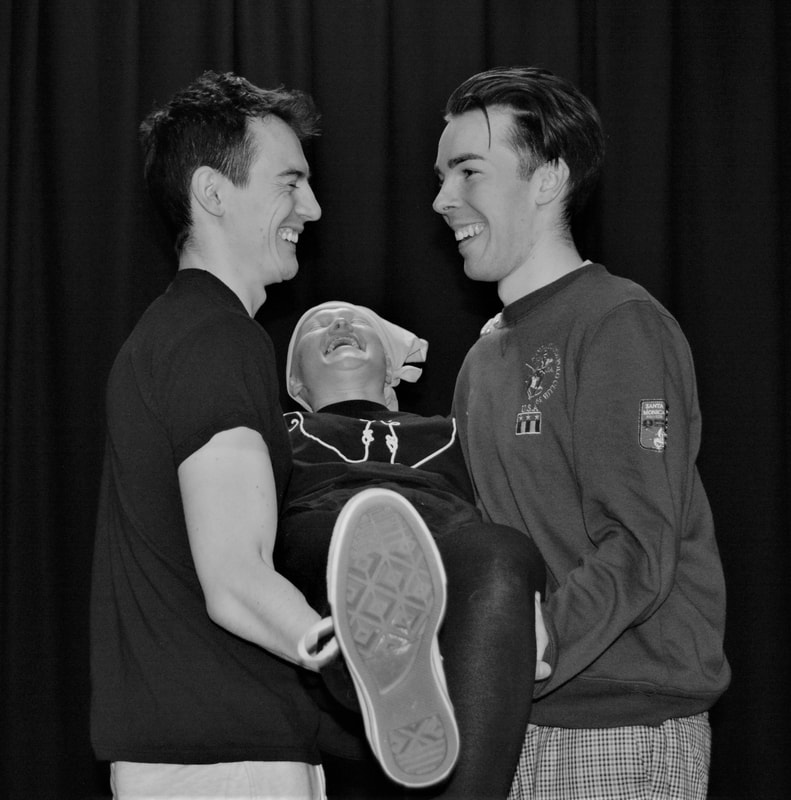
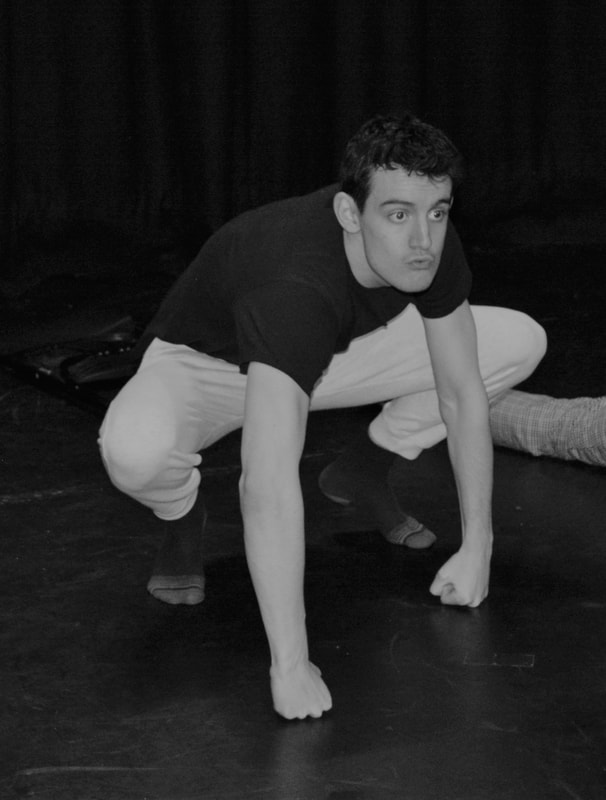
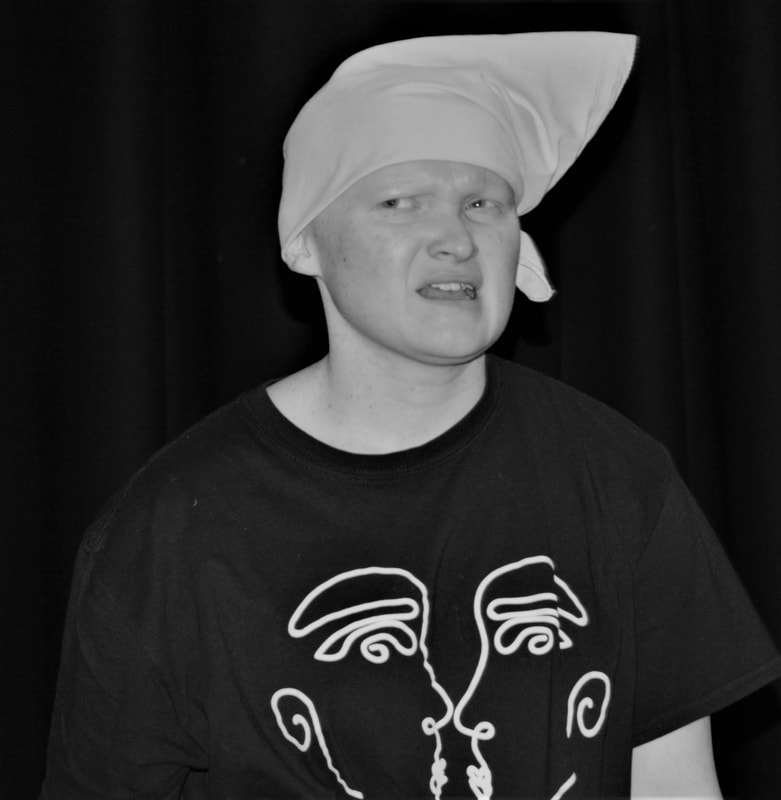
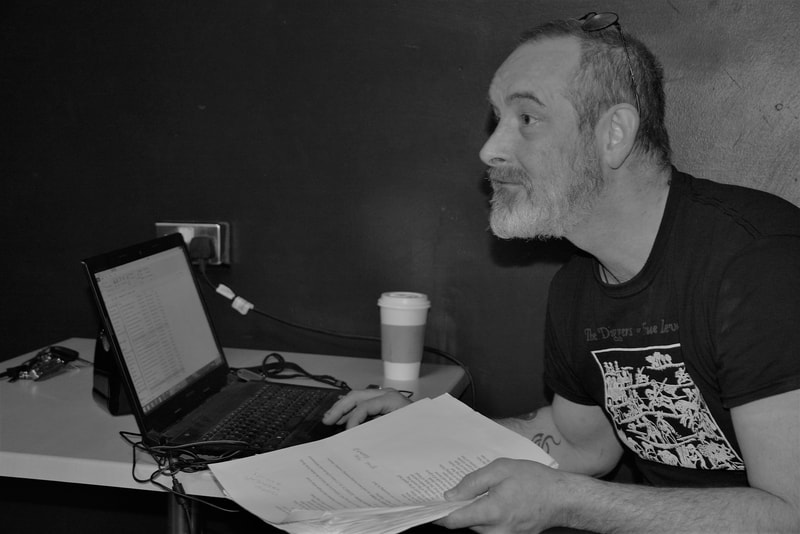
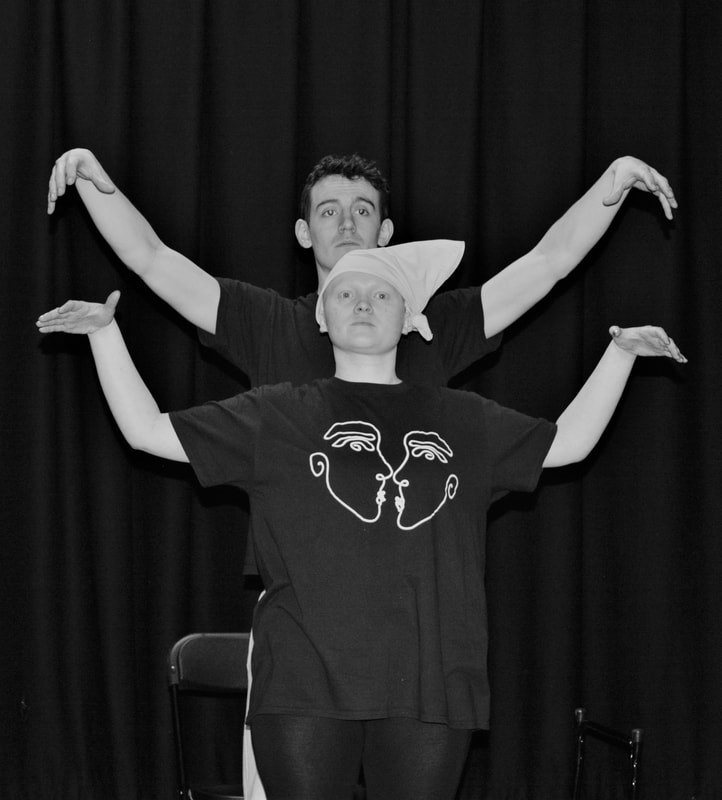
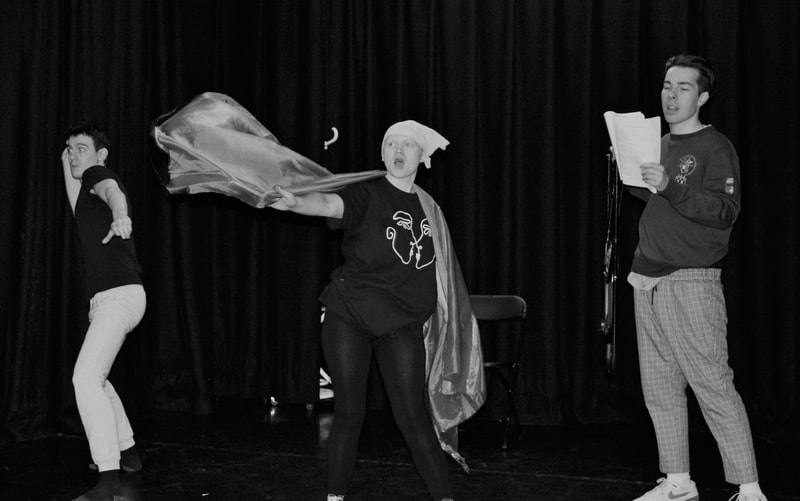
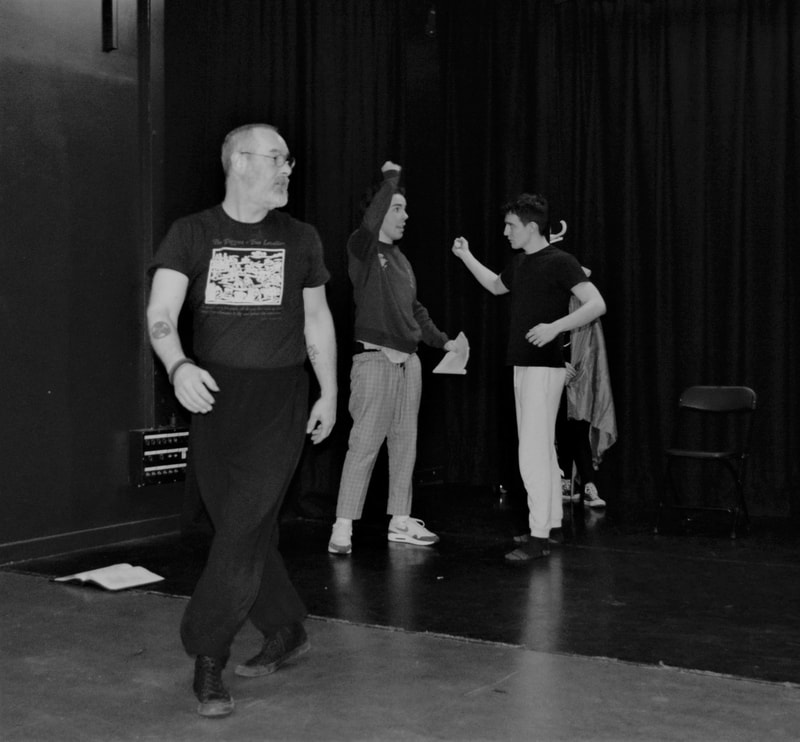
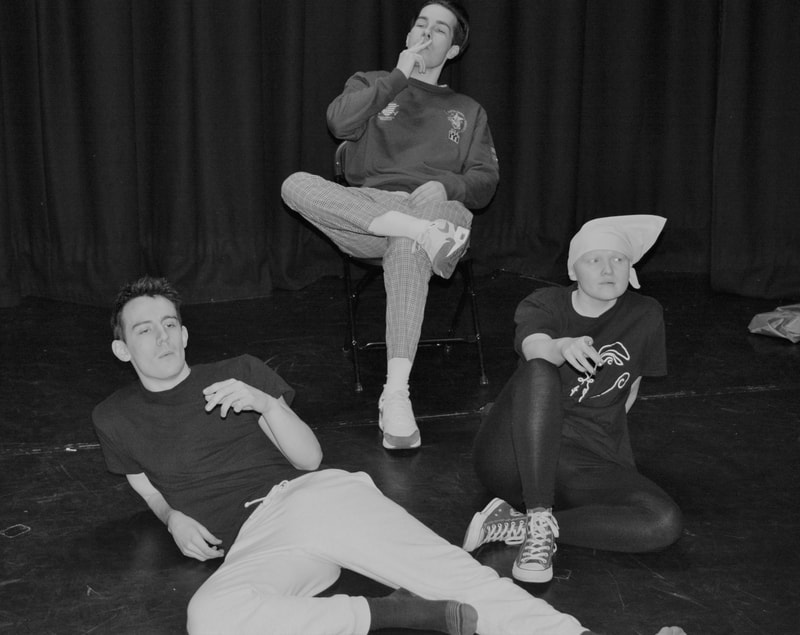
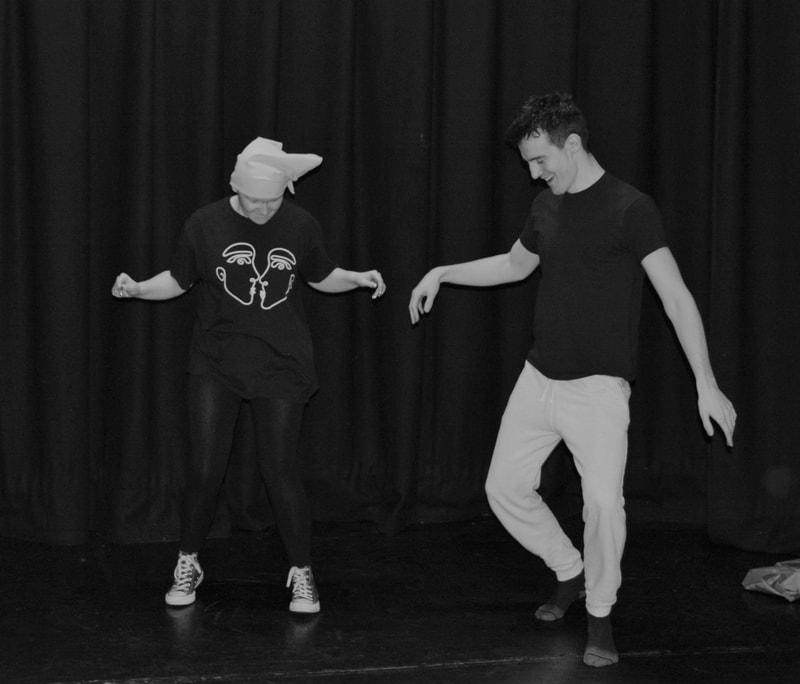
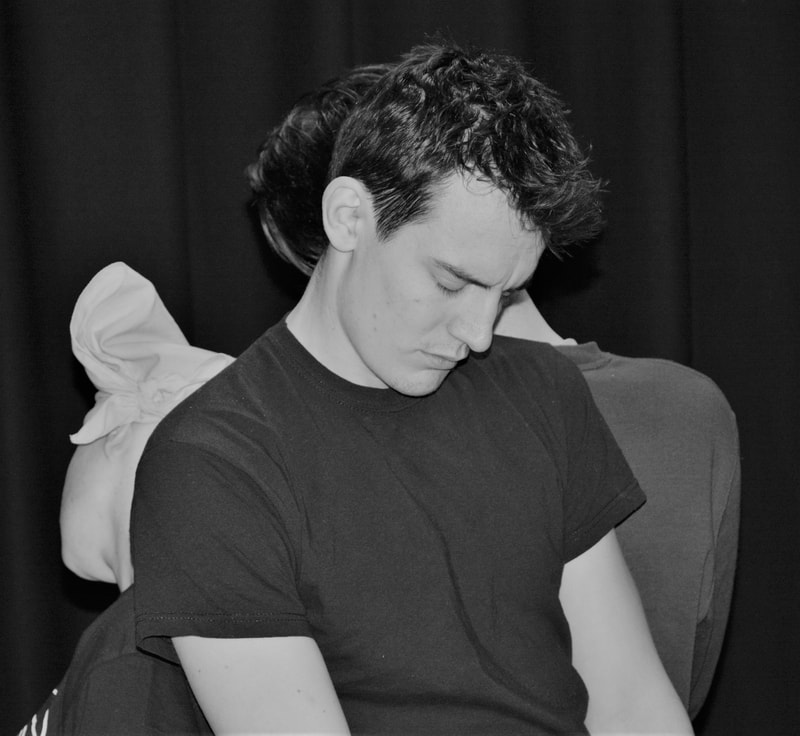
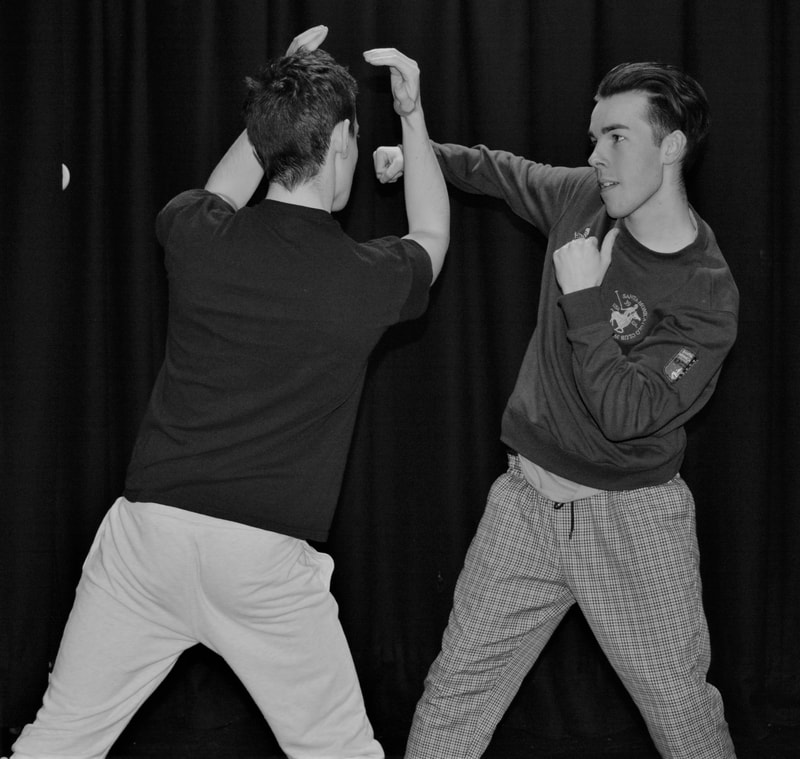
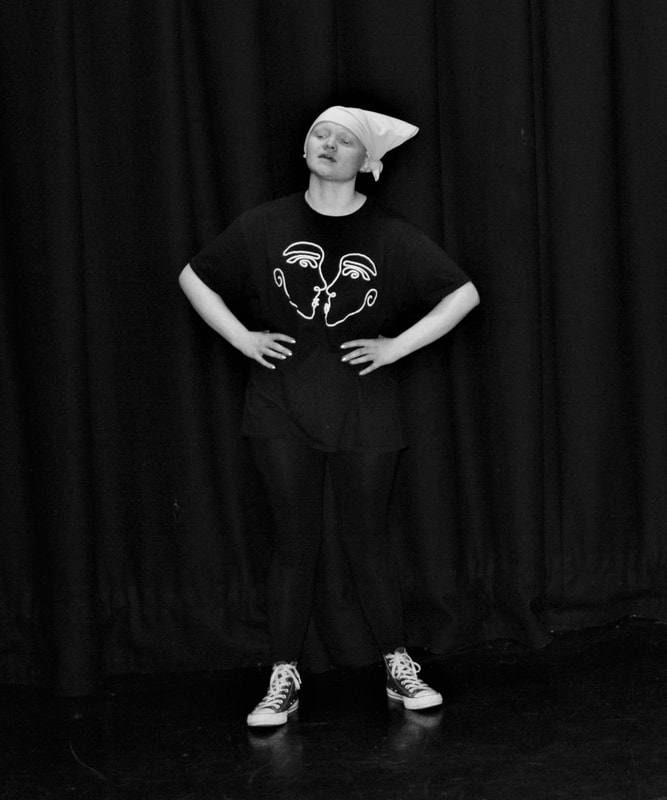
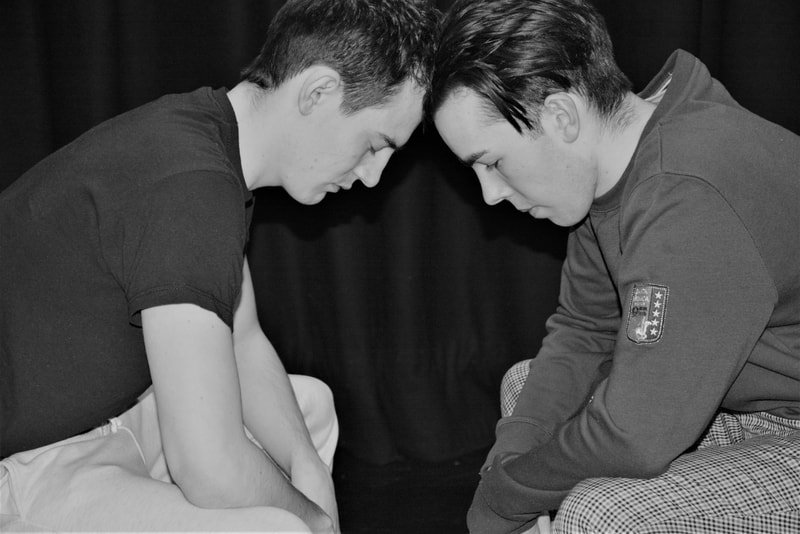
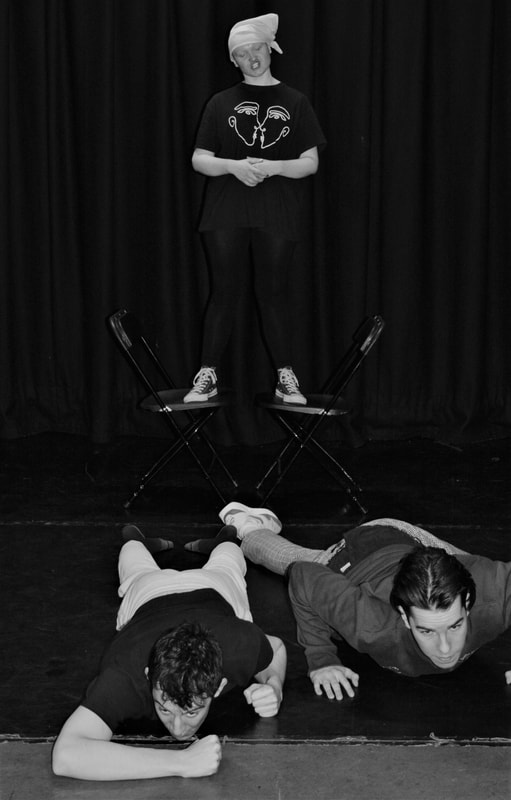
 RSS Feed
RSS Feed